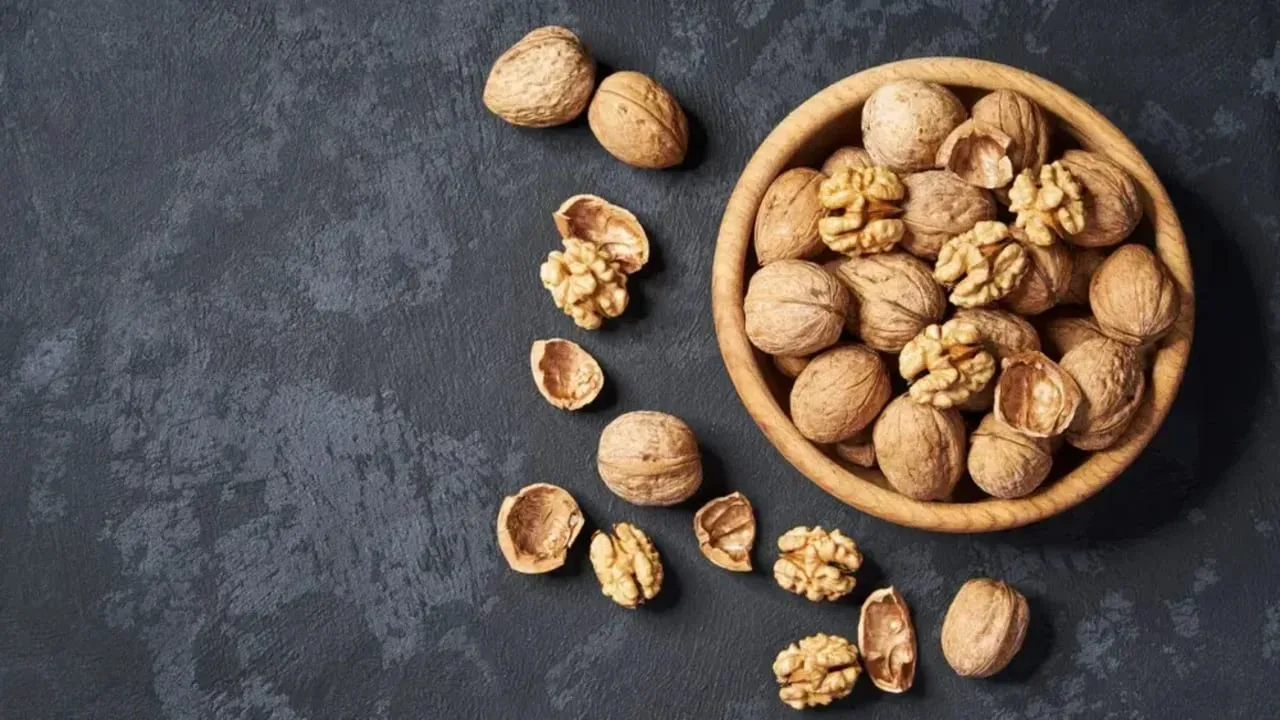A new study from the Harvard T.H. Chan School of Public Health suggests that increased consumption of dark chocolate may be associated with a lower risk of developing type 2 diabetes. The research found that participants who ate at least five servings of dark chocolate per week had a 21% lower risk of developing the disease compared to those who consumed little or no chocolate.
The New York Times, The Guardian, Newsweek, The Washington Post, Science Times, The Sun, CNN, and Medical Dialogues were among the outelts that reported on the study.
The study analyzed data from three long-term American observational studies involving over 192,000 participants with no history of diabetes, heart disease, or cancer at the outset. This included data from the Nurses' Health Studies and the Health Professional Follow-up Study, tracking participants over an average of 25 years. Detailed diet questionnaires were completed every four years, providing researchers with insights into chocolate consumption patterns and other lifestyle factors.
Self-Made Billionaire Jeff Bezos Recommends: 5 Books For Turning Your Life AroundSponsored by Blinkist: Jeff Bezos' Reading List
Incredible, the TV Box Everyone Is Talking About: Access All Channels?Sponsored by Smart TV
Your Memory Is Photographic If You Can Name 16/30 Of These Actors CorrectlySponsored by Explored Planet
What is Outbrain
Participants who consumed any type of chocolate showed a 10% lower risk of developing type 2 diabetes compared to those who ate chocolate rarely or never. However, when distinguishing between chocolate types, the benefits were exclusive to dark chocolate. With each additional weekly serving of dark chocolate, the risk decreased by an additional 3%.
"Our findings suggest that not all chocolate is created equal," said Binkai Liu, a researcher involved in the study, according to The Independent. "For anyone who loves chocolate, this is a reminder that making small choices, like choosing dark chocolate over milk chocolate, can make a positive difference to their health," Liu added.
In contrast, the consumption of milk chocolate was associated with long-term weight gain, a known risk factor for type 2 diabetes. Milk chocolate did not provide the same health benefits as dark chocolate.
Experts believe that the protective effects of dark chocolate may be due to its high cocoa content and the presence of bioactive compounds like flavanols. These compounds have antioxidant and anti-inflammatory properties that can improve insulin sensitivity.
Husband Noticed Strange Detail in PictureA Picture is Worth More Than a Thousand WordsSponsored by Tips and Tricks
Your IQ Is 140 If You Can Answer 10 Of These Questions CorrectlySponsored by Explored Planet
What is Outbrain
Qi Sun, an associate professor at the Harvard T.H. Chan School of Public Health, provided further insight into the study's implications. "Although dark chocolate and milk chocolate have similar levels of calories and saturated fats, the rich polyphenols in dark chocolate may offset the effects of saturated fats and sugar on weight gain and diabetes," Sun explained, according to CNN.
Despite these promising associations, the authors cautioned that the observational nature of the study prevents drawing definitive conclusions about causality. They emphasized the need for further randomized controlled trials to replicate the findings.
Dr. Lucy Chambers, head of research communications at Diabetes UK, urged caution when interpreting the study's findings. "This research adds to the body of evidence that is being built around specific foods and their relation to risk of type 2 diabetes, but it doesn't demonstrate that eating dark chocolate directly lowers type 2 diabetes risk," Chambers said, as reported by The Independent. "Studying diet is complex and affected by many different interacting factors," Chambers added.
Stay updated with the latest news!
Subscribe to The Jerusalem Post Newsletter
Subscribe Now
Professor George Davey Smith, an epidemiologist at the University of Bristol, questioned the significance of the study. "At the risk of being a Grinch at Christmas, it has to be said that this is, frankly, a meaningless paper," he commented, according to Newsweek.
Healthcare professionals recommend that moderation and the type of chocolate consumed are crucial. Science Times reported that while dark chocolate can be part of a balanced diet, it is not a substitute for other effective strategies in preventing type 2 diabetes. These include maintaining a healthy weight, regular physical activity, and a diet rich in whole foods.
For those who enjoy chocolate, opting for dark varieties with higher cocoa content and consuming it in moderation may offer some health benefits. Knowing that dark chocolate could be a healthier option might help individuals tailor their diets to their needs.















